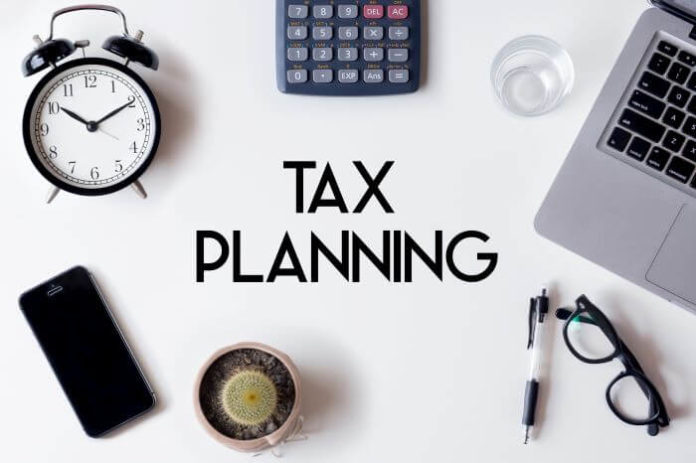Small business taxes can consume your annual earnings, so it’s crucial to know the different ways to reduce your tax liabilities by utilizing tax exemptions and deductions. Hence, tax planning is a must for all small business owners.
What Is Tax Planning?
Tax planning refers to the analysis of a financial situation in terms of tax efficiency, which is a focal aspect of financial planning. You can minimize litigation or resolve tax disputes with tax authorities with proper tax planning. It will also help reduce your tax liability and ensure the productive utilization of your funds.
Tax Planning Strategies For Small Businesses
If you want to save on taxes while complying with tax legal obligations, learn the best tax strategies for small businesses below:
- File Your Tax Return On Time
It’s important to pay attention to the income tax deadline for your small business. You need to collect all your business records, find the right tax form, and fill it out. If you want to save yourself from hassle, you can use one of the best tax softwares to help you file your taxes online, thus reducing manual work.
Here’s a quick checklist you should run through when filing your tax return for the first time:
- Review your business tax return
- Check for home office deductions (learn more below)
- Don’t miss non-employee compensation
- Track your automobile expenses
- Plan to pay self-employment tax
- Consider A Depreciation Method
The Internal Revenue Service (IRS) allows a first-year tax deduction of up to USD$1,040,000 for furniture and equipment in 2020 rather than writing off or depreciating the cost in five or seven years. For start-up businesses, considering a depreciation method to handle business taxes is a practical choice.
Depreciation refers to an accounting process of turning the cost of assets—like equipment—into expenses and declining the value of assets due to the passing of time or usage. Most business owners generally choose to take the write-off for the first year. But small businesses without satisfactory revenue can’t deduct the depreciation for the first year. However, they can carry it to the succeeding profitable years.
Small business owners can’t deduct spending on their capital assets immediately, but they can claim the cost over time, which reflects the asset’s depreciation. If your small business is still new, you might want to consider implementing a slower depreciation. This way, most of your deductions will be available when your business generates more profit and at a higher tax bracket.
- Determine All Possible Business Expenses
Your regular business expenses can be deducted from your taxes so you can save money when paying taxes. For instance, if you’re using phones, the internet, and vehicles for your business, you can declare them as deductions in your tax return. Your utility bills and business-related expenses, such as food and hotel accommodation for your business trips, can be written off from your taxes as well.
Other expenses you may consider include the cost of setting up a work-from-home business, rental cost, and the salary and incentives of your employees. Take into account all your business expenses so you can determine if you can include them as deductions in your income tax.
- Change Your Tax Status
The structure of a business affects tax filing for small business owners. Small business owners can structure their business as a sole proprietor (individual entrepreneurship), partnership (two or more parties manage a business), limited liability company or LLC, or as an S corporation or C corporation.
An LLC, a combination of a partnership business structure and a corporation, can file Form 8832, which is a form of C corporation tax filing. This way, your small business will have a lower corporate income tax rate of 21% from the previous 35% under the Trump Tax Reform Plan.
- Defer Income
The cash method is a popular accounting method for many small businesses, wherein a company recognizes income upon cash payments from invoices. This accounting method can help you defer your income to save you some money.
For instance, if you haven’t billed your clients for the services you’ve rendered in December 2020 yet, you can defer this unbilled income to the next year by waiting to invoice your clients until January 2021. This way, you can lower your tax bill for 2020.
Conclusion
Tax planning can be challenging for small businesses. But with the right knowledge, tools, and experience, you’ll be able to manage your taxes in a more seamless and straightforward manner than before. Whether you want to implement a short-term or long-term tax planning strategy or both, it’s important to keep all your business records accurate and complete all tasks before the deadline to avoid consequences.







